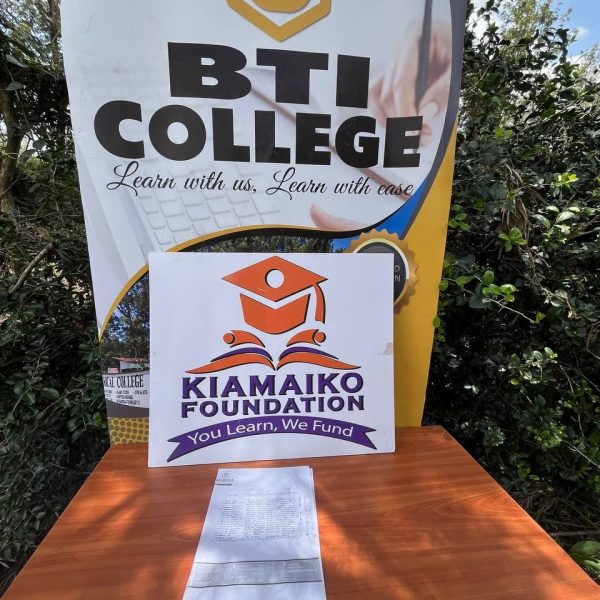About US
Kiamaiko foundation came into being in 2016 and was registered three years later. The founders were inspired by the sheer number of vulnerable families in the informal settlement of Kiamaiko struggling with educating their children.
The Kiamaiko Foundation is a registered not-for-profit organization founded in 2016. It was incorporated in Kenya in 2019. It was established by a team which saw first-hand that most children from the slums of Nairobi do not have the financial resources to access education and the opportunity to improve their lives. The Foundation is beginning to break this cycle of poverty with the children of Kiamaiko, one of the worst slums in Nairobi.
Having commenced supporting the families informally through both individual support as well as mobilization of funds from well-wishers, the founders hatched the plan to register a formal entity through which funds can be formally raised, transparently distributed, and clearly accounted for.
The initial scope of the Foundation was to focus only on the Kiamaiko area in Nairobi’s Mathare Constituency. But some well-wishers residing in other parts of Nairobi preferred using the foundation to support students in their areas. This prompted the Foundation to expand its scope and area of operation.

Vision
A world where no child is denied access to education.
Mission
Enabling children within our programme areas to access quality education through sponsorship of needy students, supporting of learning institutions, as well as provision of working capital to parents to enable them to fund their children’s education.
Slogan
You Learn, We Fund
Goal
To increase access to education for children living in neighbourhoods plagued by poverty.
Our Objectives
1.
To increase access to education for poor children by providing sponsorships in form of school fees;
2.
To increase access to education for poor children by providing material support to learning institutions; and
3.
To increase the capacity of parents to pay for their children’s education needs by improving their livelihoods and livelihood options.
